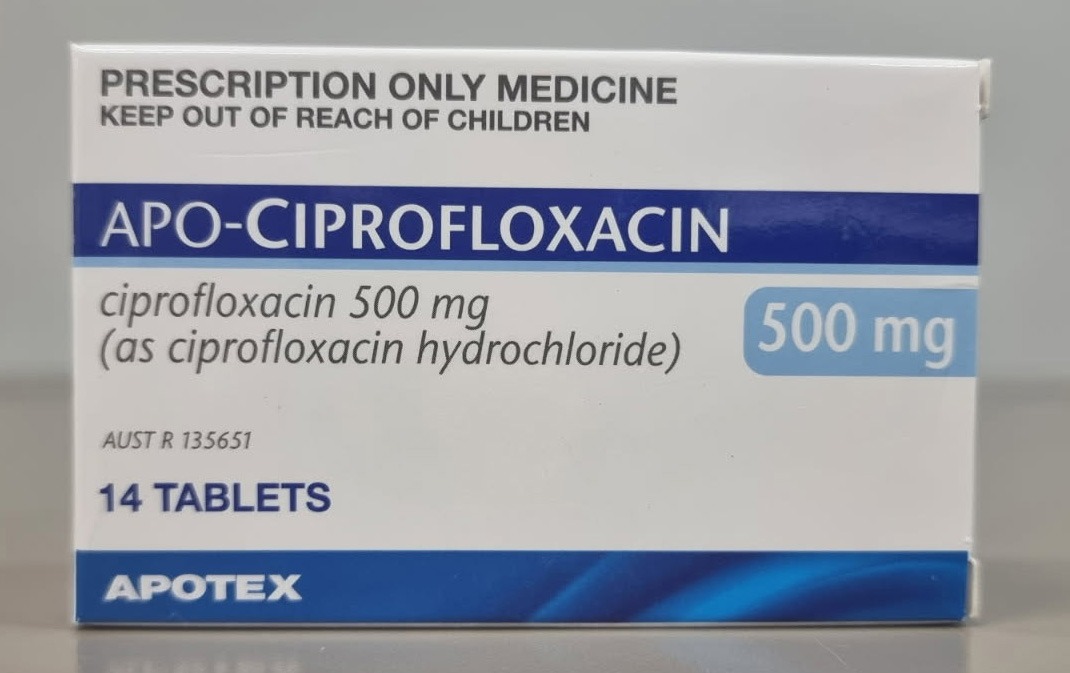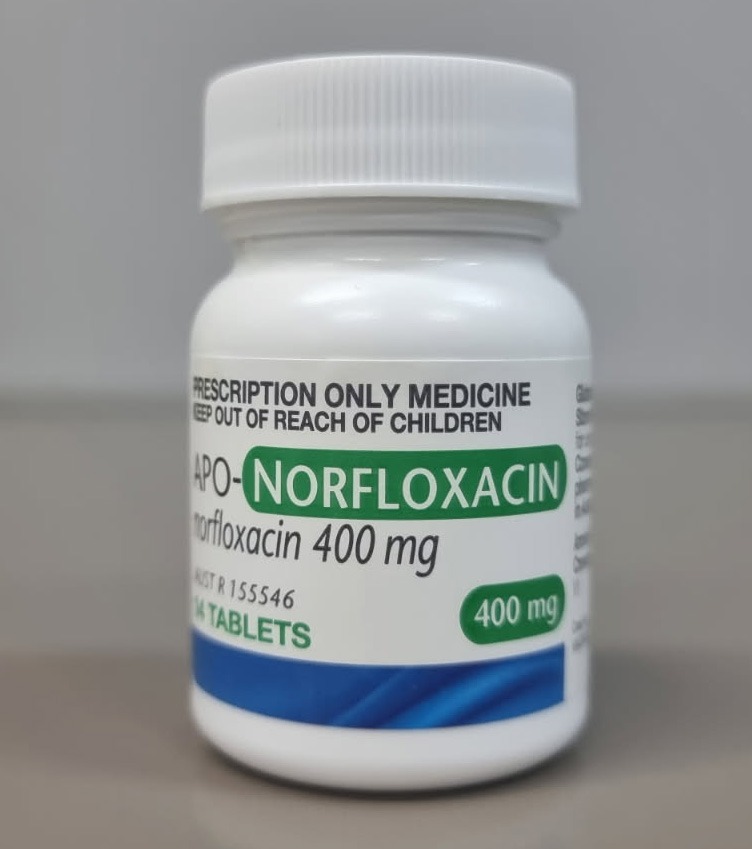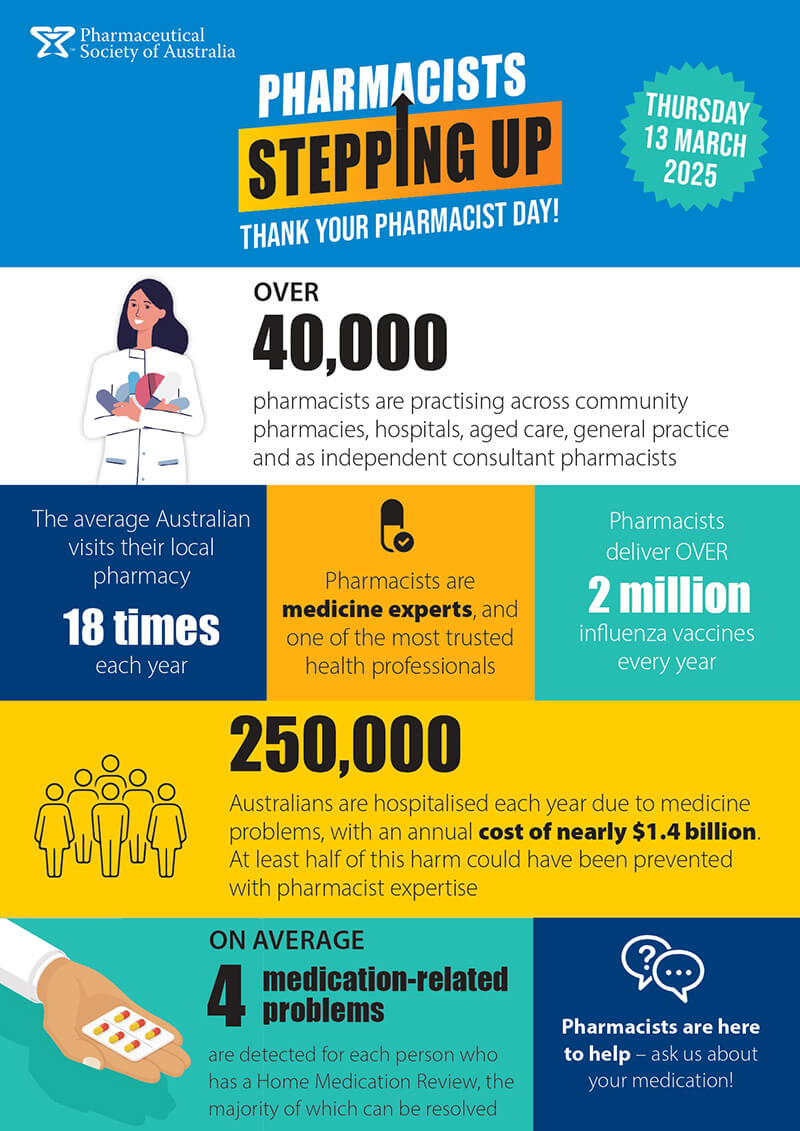A key tenet of PSA’s strategic intent is ensuring pharmacists are rewarded and recognised to reflect our high levels of training, our expertise and our contribution to the health system.
I know many pharmacists are greatly dissatisfied with how their efforts in improving patient care are currently recognised. Role fulfilment and acknowledgment of our integral place within the healthcare team are important, but many believe pharmacist remuneration is key to increasing professional satisfaction.
The funding frameworks used to remunerate pharmacist practice are largely governed by the Community Pharmacy Agreement (CPA). If individual pharmacist remuneration is to increase, we must seek an improvement in the application of the funding within the CPA to ensure a services or consultation model of pharmacy practice is worthy of genuine commitment by the community pharmacy sector.
But the CPA should not be seen as the only funding source; we must also look to diversify. The Medicare Benefits Schedule (MBS) presents an obvious funding pool which currently not only finances the services delivered by medical practitioners but an array of nursing and allied health practitioners. Many PSA members have been perplexed and disappointed that pharmacists have not been included through this mechanism. Given the funding freezes and relative low base of reimbursement, the MBS is no silver bullet. But it is a logical adjunct to the CPA.
The current review of the MBS provides a unique opportunity to drive this agenda. If we, as a profession, are to make claims of remuneration for services under the MBS, then we need to be specific about what this model might look like, what services should be funded, and how the health system will benefit from this investment. PSA has written to the MBS Review Taskforce, again calling for inclusion of pharmacists as eligible allied health professionals to access MBS items as part of Team Care Arrangements within Chronic Disease Management (CDM) items.
We remain highly concerned that pharmacists continue to be the only AHPRA-registered allied health professionals who are not eligible to provide allied health services through the CDM services. This exclusion causes major problems with integration and collaboration in primary care. Given the central role of medicines in the treatment of these patients, this exclusion doesn’t make sense, with the potential for sub-optimal health outcomes.
Inclusion of pharmacists (irrespective of setting) as eligible allied health professionals would have minimal, if any, impact on the budget for those MBS items, as GPs can only refer up to a maximum of five items within a 12-month period. But the inclusion of pharmacists as eligible allied health professionals would enable greater flexibility for the GP to engage with pharmacists to support patients with their chronic disease management.
Let me be clear: PSA is strongly advocating for inclusion of pharmacists on the MBS. It has been one of our major priorities in 2018, and continues to be so. PSA is highly concerned that pharmacists continue to be the only AHPRA-registered allied health professionals who are not eligible.
DR CHRIS FREEMAN FPS BPharm, GDipClinPharm, PhD, AACPA, AdvPracPharm, BCACP, MAICD










 This article was sponsored and developed in collaboration with PSA and Carers NSW[/caption]
However, pharmacists may perceive medication errors or non-adherence as a carer’s inability to fulfil this role,
This article was sponsored and developed in collaboration with PSA and Carers NSW[/caption]
However, pharmacists may perceive medication errors or non-adherence as a carer’s inability to fulfil this role,




